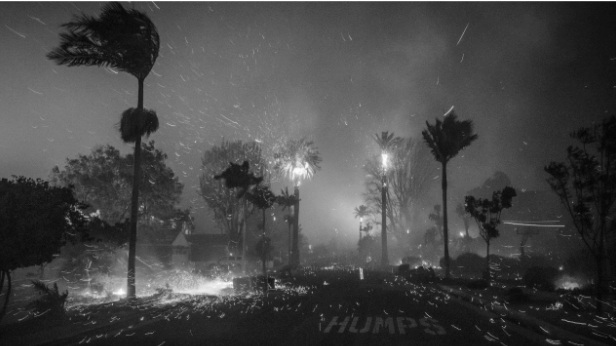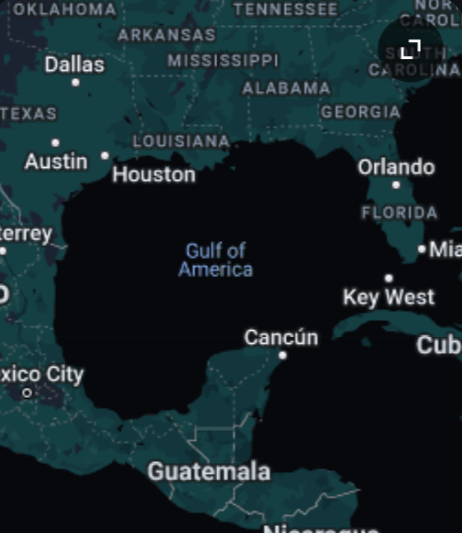Humpback whale finds final resting place in Assateague
March 25, 2021
On the shores of Assateague Island National Seashore, passersby made a heartbreaking discovery. Stranded in the low rolling surf rested one of nature’s gentle giants, a 15-year-old humpback whale, well-known on the East Coast. The 30-ton humpback whale was first cataloged back in 2008, since then she has had a history of sightings in the Gulf of Maine and she now is allowed to naturally decompose as any wildlife within the boundaries of the seashore would.
Coastal Studies Senior Scientist Jooke Robbins, director of Humpback Whale Studies Program states that she was easily identified by the marking on her right fluke, the marking resembles a geometric compass, one that pivots as it draws an arc, which soon became her name, Pivot. The cause of Pivot’s death remains unknown; however, it is believed that during her migration to reach the breeding grounds in the Caribbean, Pivot may have made an inshore stop before Assateague became her resting place.
Hailey Deares, a recent alumna from the class of 2020, was one of many to see Pivot on Assateague’s shores. After hearing the news while studying at Salisbury University, Deares and a few of her peers took a trip to the shores to see the juvenile whale for themselves. As she recollected on the tragic moment Deares mentioned, “It was small for a whale but so big compared to us. It was the closest any of us had ever been to a whale, and on such heartbreaking terms.” Pivot remained in the rolling tides for days after until park staff could relocate the gentle giant.
The superintendent of Assateague Island National Seashore informed the public through Facebook that it took park staff over two days to successfully transport the 30-ton mammal to a place to decompose naturally. Due to the periods of the decomposition process, it has been advised to not approach the carcass, as the strong unpleasant smells will last for some time.
Senior Josh Parson is an active member in the efforts to inform others about the environment, as he volunteers at an aquarium and nature center and is a member of Envirothon. “I think people need to start paying attention to these kinds of things. Sealife is at risk due to multiple factors such as pollution and climate change. Seeing something like this should get a reaction out of people and make them want to help. Even small things like using less plastic or educating yourself on environmental issues goes a long way to make news like this less common.”
While Humpback whales are no longer on the endangered species list, an ongoing Unusual Mortality Event was declared back in 2016 by the National Oceanic and Atmospheric Administration Fisheries; within this time frame, Pivot is the 147th whale that has been stranded on the East Coast.
















